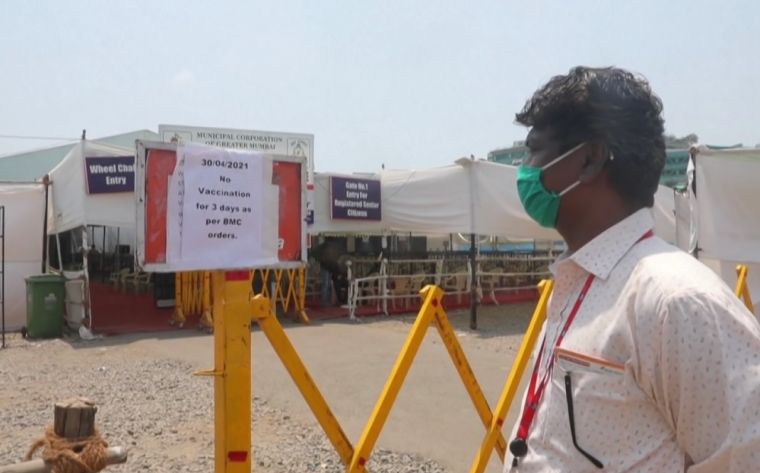Church leaders join global call for end to vaccine nationalism

The Archbishop of Canterbury and other faith leaders have joined the Red Cross, the World Health Organization (WHO), UNHCR and humanitarian groups in calling for an to vaccine nationalism.
The call coincides with the start of the World Health Assembly, the decision-making body of WHO. The agenda at the weeklong meeting will be dominated by discussions on how to end the global pandemic.
The joint declaration from the faith and humanitarian groups calls the equitable distribution of Covid-19 vaccines a humanitarian imperative, and says that global leaders much choose between "vaccine nationalism or human solidarity".
"There is a choice. The world of the next 10 years can be one of greater justice, abundance and dignity. Or it can be one of conflict, insecurity and poverty. We are at a turning point," they say.
The declaration, which has also been signed by Muslim and Jewish leaders, warns that Covid-19 is exacerbating pre-pandemic issues like conflict, disaster and famine.
"The fallout from the pandemic will be with us for a long time to come. There will be a continued economic impact, with all the human suffering that brings. A generation of children, especially girls, have left school and will
not return," it says.
"The world is facing the challenge of how to reverse these devastating dynamics with health being a key part of such a response. We advocate here for 'Health for All', where each person's life is valued, and every person's right to healthcare is upheld."
The declaration calls on world leaders to share knowledge, expertise and funding, and take a "leave no one behind" approach, as it warns that variants are threatening to spread out of control, risking the lives of yet more people and pushing many more into poverty.
The declaration speaks of a "once-in-generation opportunity" to address global inequality, and urges world leaders not to limit action to the provision of vaccines but instead see the bigger healthcare picture.
"People not only need vaccinations – they need access to healthcare workers who are skilled and equipped to deliver adequate medical support," it reads.
"People not only need vaccinations – they need access to healthcare workers who are skilled and equipped to deliver adequate medical support.
"We need to build a world where each community, regardless of where they live, or who they are, has urgent access to vaccinations: not just for Covid-19, but also for the many other diseases that continue to harm and kill.
"As the pandemic has shown us, in our interdependent world no one is safe until everyone is safe."











